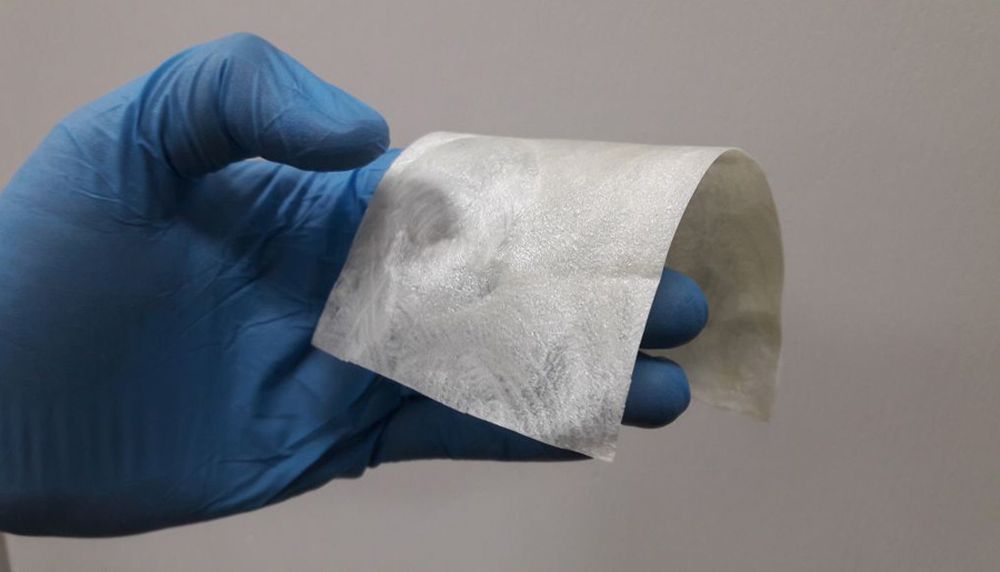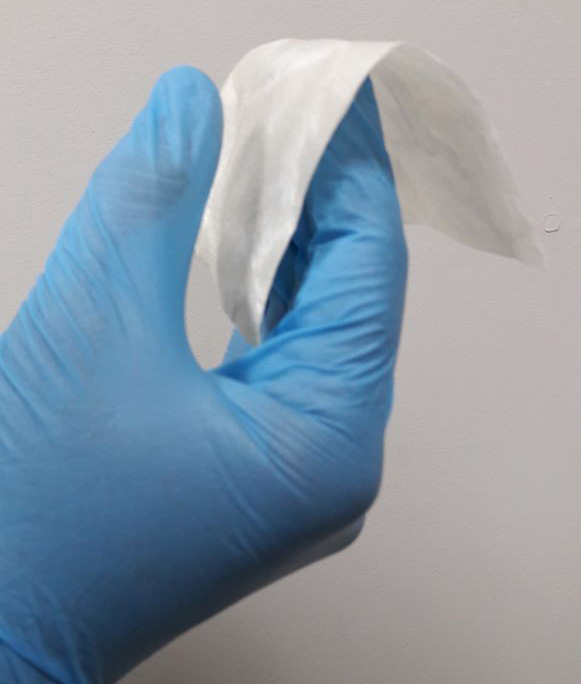Scientists from COMSATS Institute of Information Technology (CIIT) have developed a nanoparticle that regenerates burnt skin. This groundbreaking development was achieved at Interdisciplinary Research Centre in Biomedical Materials (IRCBM) established at CIIT.
Such particles have been developed before but what makes this different is the exceptionally low cost. Not just price, the new skin-substitute also supports the regeneration of blood vessels – a process called angiogenesis. Most of the expensive products fail to do that and are even unstable under storage conditions. Still, being inferior, these products cost as much as Rs. 80,000 per four cm2 patch.
Dr Muhammad Yar led the team of scientists that went on to develop this trailblazing technology. Dr Yar says that his product has been successfully tested on egg shells and rat skin and it has the potential to vanquish the previous products available in the market.
The research has been published in Materials and Design journal. Higher Education Commission funded the research by granting Rs 14 million under its Technology Development Fund.
The Team
Constituents
The polymers and biopolymers used to manufacture the skin substitute are all low-cost and abundantly available. Nanoparticles and biopolymers from marine shells were also used to prepare the hydrogel which can hold large quantity of water. Cellulose that was used comes from plants which is cheap and doesn’t have any side effects.
“The most challenging part of the research was the development of an inexpensive but effective synthetic skin for burn patients. This was made possible by using indigenous materials,” Dar Yar says.
After the hydrogel was prepared it was sprayed with zinc peroxide and zinc oxide. The nanoparticles of zinc peroxide and zinc oxide promote bioactivity while occupying a small area. Reason why zinc metal oxides were used is because zinc peroxide is affordable and widely used in manufacture of medicines. Zinc oxide on the other hand is a known antibacterial agent.
The Tests
The hydrogel went through several biological and chemical tests. After clearing these tests, experiments were carried out on egg shells and rat skin.
The hydrogel was implanted on fertilized chicken eggs that were carefully cut. To study the angiogenic activity, the hydrogel was applied on chorioallantoic membrane (CAM), the solution was left out for 14 days at 55 % humidity and 37 degrees temperature.
The concluded results showed that the product greatly promoted the angiogenesis activity nurturing the generation of new blood vessels. After successful tests on egg shells, the product was tried on rats with skin wounds. Similar positive results were seen there as well.
“It has worked perfectly on standard animal models by healing the wounds. The next step is to pass human trials,” Dr Yar said. The team lead says the next step is to conduct human trials.
Read More: Common Medical Errors Claim Half a Million Lives in Pakistan Every Year
The World Approves
The team is looking for potential investors to make their product on a large scale. They have already applied for the patents in Pakistan and US to reserve the copyrights of their product. Furthermore their skin substitute is already gathering much appreciation from scientists and doctors all over Pakistan and the rest of the world.
“Dr. Muhammad Yar hails from an interdisciplinary team of more than 20 international PhD scientists at IRCBM. This young team focuses on bone repair, soft tissue regeneration, dental materials, sensors and biosensors for health applications. Support in the form of collaborations and capital is something that will help them translate their research from the bench to bedside,” associate professor and the head of the IRCBM, Dr Aqif Anwar said commenting on the team.
Dr Mustehsan Bashir,head of Plastic and Burn Unit at Lahore’s Mayo Hospital, also acknowledges the discovery and says that the research has been published in a prestigious journal which is a proof in itself that the product is going to be the next big thing. He further says that the hydrogel needs to go through more tests before human trials are started.
Under privileged and under developed countries like Pakistan need this low-cost substitute as skin burns cause a lot of deaths every year. A 2016 report by World Health Organization (WHO) evaluated that around 265,000 deaths are caused by skin burns annually.























